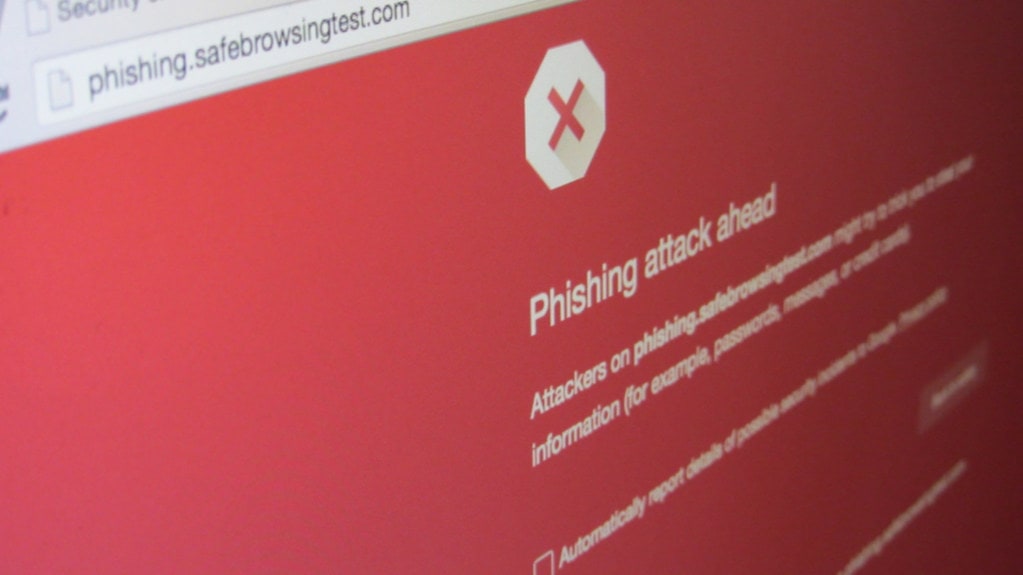Posted on July 24, 2019 at 1:30 PM
60% Increase in Password-Stealing Malware
In the last 12 months, there has been a 60% increase in users infected with password-stealing malware.
Malware on the Rise
Such malware is a critical weapon in a cybercriminals’ arsenal. The malware grabs data directly from a user’s web browser utilizing a wide range of methods.
Kaspersky, a leading provider of Internet security solutions, has released a statement of new data on the number of users targeted by password thieves. They reported that the figure has peaked by over 50% from less than 600,000 during the first 6 months of 2018 to more than 940,000 in the first half of 2019.
The cybersecurity firm stated that one of the most commonly spread Stealer Trojans was Azorult, a multifunctional Trojan. The Trojan was detected on over 25% of the systems targeted. Thankfully, the virus can be removed.
Furthermore, some software related to this type of malware are intended to steal browser cookies, files from a user’s specific location like their desktop, and even files from their messaging services or other apps.
Another typical Trojan is Trojan.PasswordStealer. This version of the virus quietly remains in the background of your PC, stealthily collecting data about your system. The data is then transmitted to a specified destination. It could also direct the infected PC to send spam or conduct other malicious actions.
About Malware
The word malware derives from the words “malicious” and “software”. In other words, malware is any software that was written with the intention of damaging PCs, stealing information, and generally causing chaos. There are different kinds of malware floating about on the web, ranging from Trojans to Viruses.
Usually, malware is created by a team of hackers. Often they are hoping to make money by either spreading the malware or selling it on to the highest bidder. But, malware can be created for other reasons too. Perhaps it would be used as a protest tool or to test security or even as a weapon between feuding governments.
Irrespective of how it came to be, it’s always a nightmare when it ends up on your machine. Fortunately, there are actions we can take to prevent this from happening, discussed later in this article.
Password-Stealing Software
Kaspersky has identified increased levels of cybercriminal activity in Asia and Europe. There they have been deploying Password Stealing Ware (PSW) during the last six months. The malware is used to target users in the US, India, Russia, Germany, and Brazil.
PSW is a malicious form of software that collects data directly from the targeted user’s web browser, using a range of methods. The stolen information by PSW is usually sensitive and includes online account credentials, as well as financial data, auto-filled data, and details of saved debit and credit cards.
Consumers Leave Themselves Venerable
Alexander Eremin, a security researcher at Kaspersky, described how consumers left themselves vulnerable to password theft crime online and how they can protect themselves from such a growing threat.
Eremin noted that people are becoming more and more active online, so it is totally understandable that we are starting to rely on the internet to carry out more of our routine tasks than ever before. This activity means that a user’s digital profile contains a lot of data and makes the user a lucrative target for cyber-criminals, who steal the data and monetize it in many different ways.
Eremin advised consumers to securely store their passwords and credentials so that they can use their favorite online services with confidence, knowing that their information is not at risk. He promoted security solution installation also as a further level of security.
Kaspersky advises that you do not share your passwords with anyone, install updates regularly, apply any relevant product patches, and to use a password manager to store passwords and personal data of a sensitive nature. They recommend that all these actions should keep users safe online. Ensure your computer has the best anti malware software installed and protect against threats.










